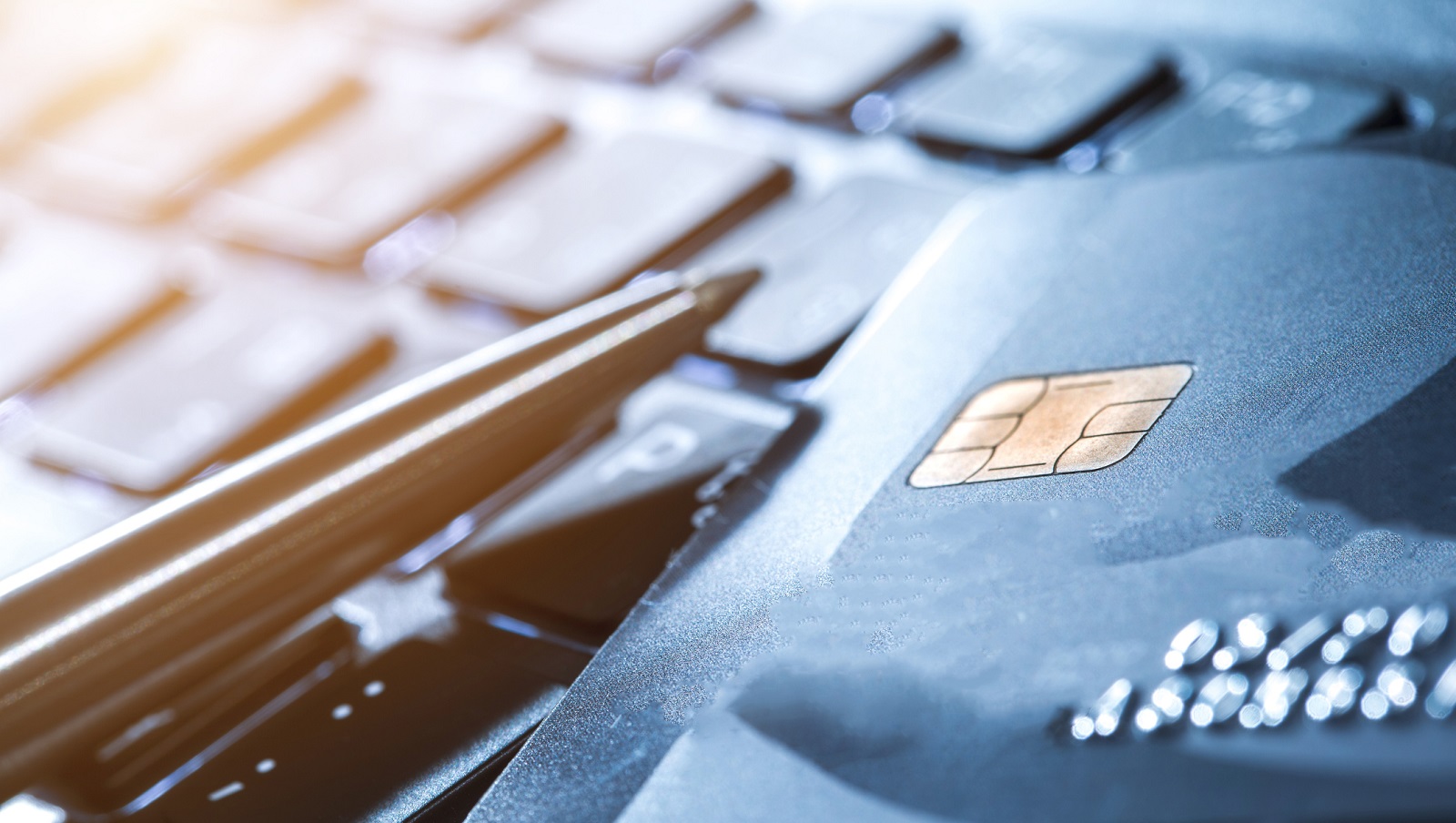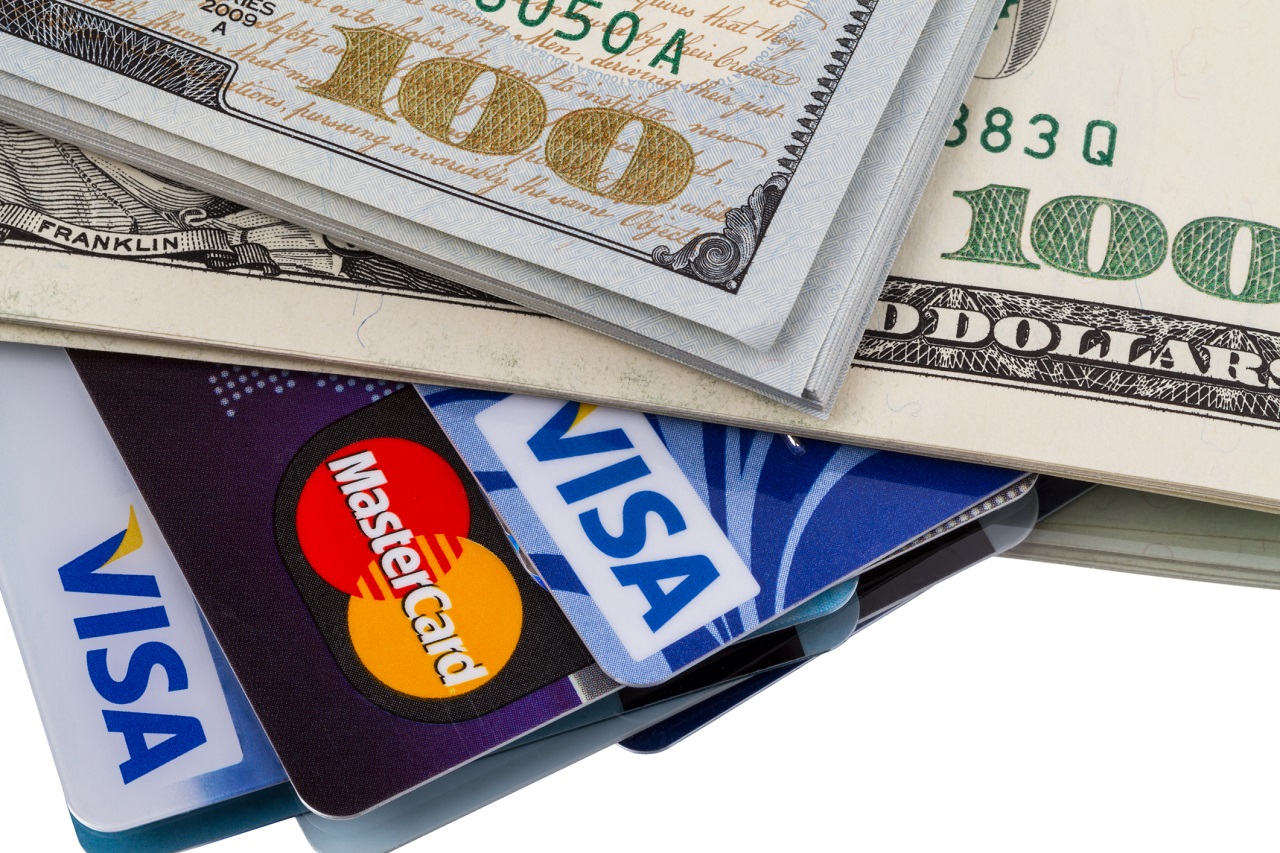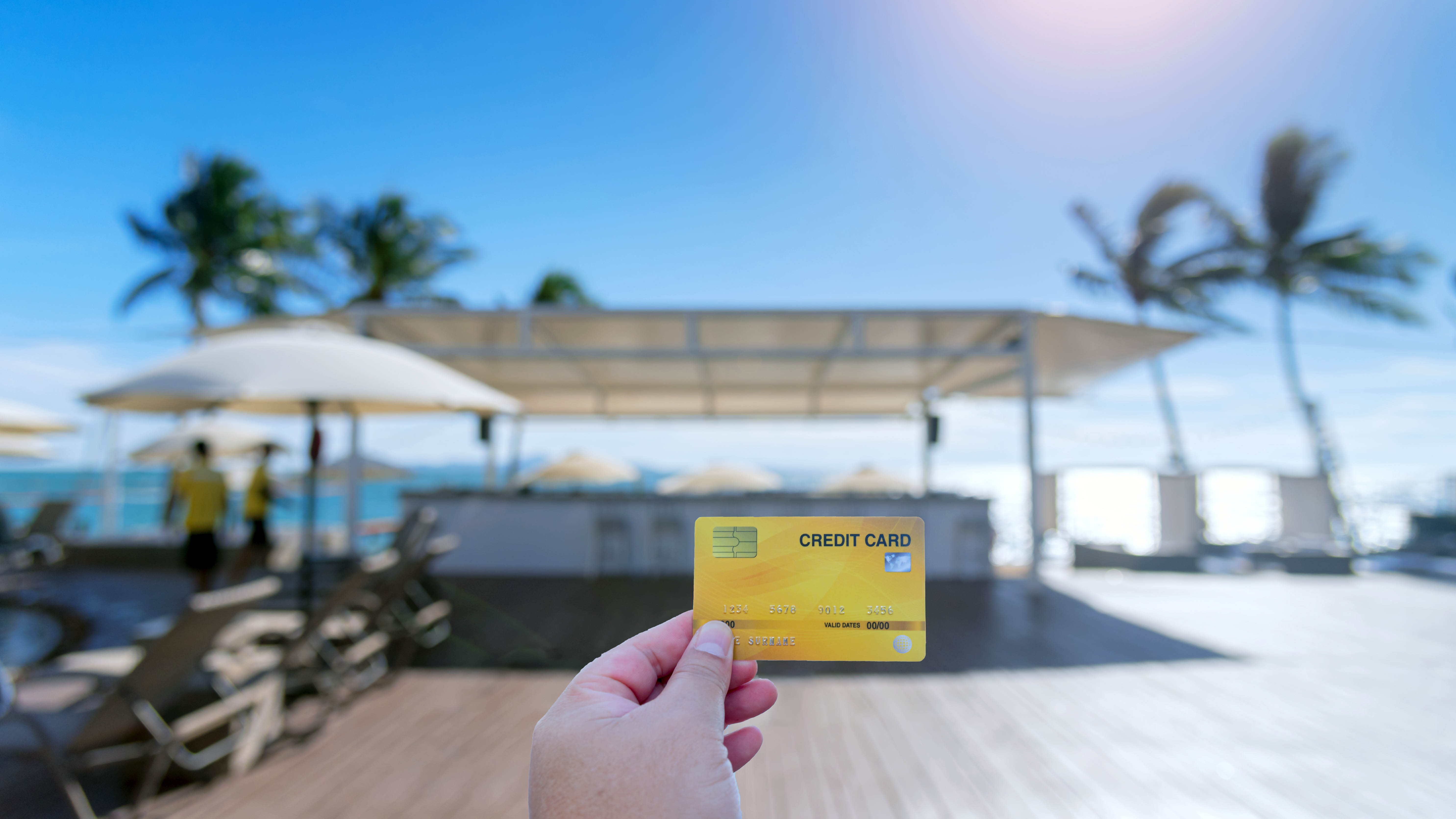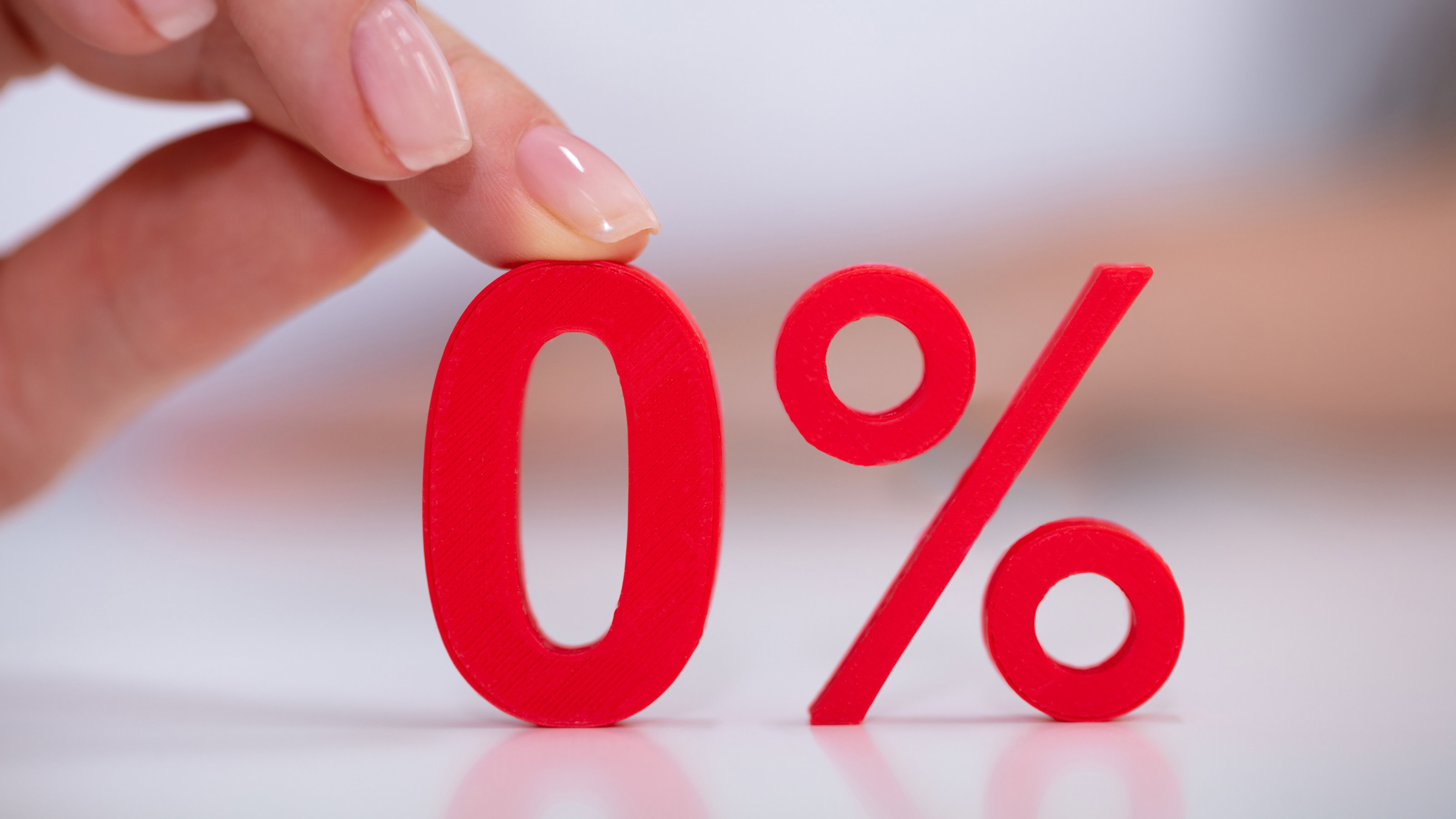The Perils of Giving Kids Credit Cards
Not all plastic is bad for kids, but using cash is the best way to get young minds thinking wisely about money.

Profit and prosper with the best of Kiplinger's advice on investing, taxes, retirement, personal finance and much more. Delivered daily. Enter your email in the box and click Sign Me Up.
You are now subscribed
Your newsletter sign-up was successful
Want to add more newsletters?

Delivered daily
Kiplinger Today
Profit and prosper with the best of Kiplinger's advice on investing, taxes, retirement, personal finance and much more delivered daily. Smart money moves start here.

Sent five days a week
Kiplinger A Step Ahead
Get practical help to make better financial decisions in your everyday life, from spending to savings on top deals.

Delivered daily
Kiplinger Closing Bell
Get today's biggest financial and investing headlines delivered to your inbox every day the U.S. stock market is open.

Sent twice a week
Kiplinger Adviser Intel
Financial pros across the country share best practices and fresh tactics to preserve and grow your wealth.

Delivered weekly
Kiplinger Tax Tips
Trim your federal and state tax bills with practical tax-planning and tax-cutting strategies.

Sent twice a week
Kiplinger Retirement Tips
Your twice-a-week guide to planning and enjoying a financially secure and richly rewarding retirement

Sent bimonthly.
Kiplinger Adviser Angle
Insights for advisers, wealth managers and other financial professionals.

Sent twice a week
Kiplinger Investing Weekly
Your twice-a-week roundup of promising stocks, funds, companies and industries you should consider, ones you should avoid, and why.

Sent weekly for six weeks
Kiplinger Invest for Retirement
Your step-by-step six-part series on how to invest for retirement, from devising a successful strategy to exactly which investments to choose.
Stories about outrageous teen spending—and spending among even younger kids—are popular in the media. And when a media outlet publishes such a story, I often get a request from some other media outlet to comment on just how outrageous it is.
One recent example was a piece in the New York Post about tweens flashing their plastic in New York City and its upscale environs. For example, there was the story of 14-year-old Rebecca, who swipes her Chase Visa card twice a day in taxis to and from school and routinely adds a 20% tip. When she and her friends do dinner at restaurants such as Serafina and Nobu, they often split the bill, with each of them throwing in her own credit card. “I know of parents who hand over the Black Amex to kids of all ages, and there are no rules or limits imposed,” says one East Side mom. “In New York, it’s not unusual to find a 14-year-old picking up the $2,000 tab for a dinner for 10 friends.”
QUIZ: Will It Sink Your Credit Score?
It would be easy to dismiss such behavior as more typical of Upper East Siders than your average parents. But it does raise a basic question of how most sensible parents should let their children handle plastic.
From just $107.88 $24.99 for Kiplinger Personal Finance
Become a smarter, better informed investor. Subscribe from just $107.88 $24.99, plus get up to 4 Special Issues

Sign up for Kiplinger’s Free Newsletters
Profit and prosper with the best of expert advice on investing, taxes, retirement, personal finance and more - straight to your e-mail.
Profit and prosper with the best of expert advice - straight to your e-mail.
Not a fan
First, let’s get some terms straight. In my lexicon, prepaid cards are those that have a finite value loaded onto them and are reloaded when the money runs out. Debit cards are more open-ended and are generally tied to a checking account. And then there are traditional credit cards.
I’ve never been a fan of prepaid cards for children. These cards often come loaded with fees, and it seems to me that their main purpose is to make it easier for kids to spend money. Plus, it has been my experience that kids tend to see them as a direct line to a parent’s wallet, to be topped off automatically when empty.
If they’re used at all, I think prepaid cards are most suitable for special situations, such as when a young teen is managing his or her earnings from a part-time or summer job, or a student goes out of town on a class trip. (If you go the prepaid route, Kiplinger likes the Bluebird card from American Express and Walmart, which has no monthly fee.)
Overall, I think the best way to teach older teens the discipline of managing a stash of real cash, especially if they’re earning their own money or going off to college, is a regular checking account that is linked to a debit card. They can avoid hefty overdraft fees by not giving the bank permission to enroll them in its overdraft protection plan. That means ATM withdrawals and debit transactions could be declined (except for checks) and cause some embarrassment, but the accounts will stay in the black.
Credit cards should be off-limits until young people have proved they’re mature enough to pay bills on their own (think rent for college students) without overdrawing their checking account. Once they’re 21, they can apply for a card on their own.
That would rule out credit cards for those New York City tweens. For kids younger than 21, parents must cosign for a card or name their child as an authorized user. I don’t like the idea of putting your credit rating on the line if your kid screws up.
Think like a kid
What really bothers me, though, is that parents often justify their actions by saying that giving kids a card teaches them financial responsibility and independence. Yet Rebecca’s mom admits she doesn’t mind all those taxi fares that her daughter runs up because she gets the rewards points on her card.
Parents need to think like kids, rather than use adult logic or consider their own convenience. As long as parents are picking up the tab in some way—as almost always happens with children this age who don’t have income of their own—they’re kidding themselves if they think their kids are learning personal responsibility. Just ask 15-year-old Jacob, who admits he’s much more cautious when he shops with the money he makes doing odd jobs in the neighborhood. “The cash is my own money, and I’m a little bit more conscious spending my own money.”
Profit and prosper with the best of Kiplinger's advice on investing, taxes, retirement, personal finance and much more. Delivered daily. Enter your email in the box and click Sign Me Up.

Janet Bodnar is editor-at-large of Kiplinger's Personal Finance, a position she assumed after retiring as editor of the magazine after eight years at the helm. She is a nationally recognized expert on the subjects of women and money, children's and family finances, and financial literacy. She is the author of two books, Money Smart Women and Raising Money Smart Kids. As editor-at-large, she writes two popular columns for Kiplinger, "Money Smart Women" and "Living in Retirement." Bodnar is a graduate of St. Bonaventure University and is a member of its Board of Trustees. She received her master's degree from Columbia University, where she was also a Knight-Bagehot Fellow in Business and Economics Journalism.
-
 Quiz: Do You Know How to Avoid the "Medigap Trap?"
Quiz: Do You Know How to Avoid the "Medigap Trap?"Quiz Test your basic knowledge of the "Medigap Trap" in our quick quiz.
-
 5 Top Tax-Efficient Mutual Funds for Smarter Investing
5 Top Tax-Efficient Mutual Funds for Smarter InvestingMutual funds are many things, but "tax-friendly" usually isn't one of them. These are the exceptions.
-
 AI Sparks Existential Crisis for Software Stocks
AI Sparks Existential Crisis for Software StocksThe Kiplinger Letter Fears that SaaS subscription software could be rendered obsolete by artificial intelligence make investors jittery.
-
 Smart Strategies for Paying Your Child an Allowance
Smart Strategies for Paying Your Child an AllowanceBy giving your kids money to spend and save, you’ll help them sharpen their financial skills at an early age.
-
 Mastercard Says It Is Not Raising Network or Swipe Fees
Mastercard Says It Is Not Raising Network or Swipe FeesCard processing giant says WSJ story on credit card fee hikes ‘is wrong.’
-
 How to Benefit From Rising Interest Rates
How to Benefit From Rising Interest RatesFinancial Planning Savers will get the best rates from top-yielding savings and money market deposit accounts at online banks.
-
 Credit, Debit or Cash? Which is Best?
Credit, Debit or Cash? Which is Best?credit & debt Credit or debit? Cash? Each payment method has pros and cons. Your best bet is to use a combination that meets your own needs.
-
 Get the Most Benefit from Credit Card Perks
Get the Most Benefit from Credit Card PerksMake the most of credit card perks like travel insurance, delivery discounts and fraud protection.
-
 Bank of America Offering Cardholders Bonus Rewards Points for Shopping on Nov. 5
Bank of America Offering Cardholders Bonus Rewards Points for Shopping on Nov. 5The bank’s first More Rewards Day is designed to play into early holiday shopping demand.
-
 Best Balance Transfer Credit Cards 2023
Best Balance Transfer Credit Cards 2023Balance transfer credit cards have the power to drastically cut your payments with 0% APR. But there’s a cost, and rules to follow.
-
 How to Motivate Kids to Save
How to Motivate Kids to Savepersonal finance It's not easy teaching your child to save. Here are some ways readers have incentivized their kids to keep track of their finances.